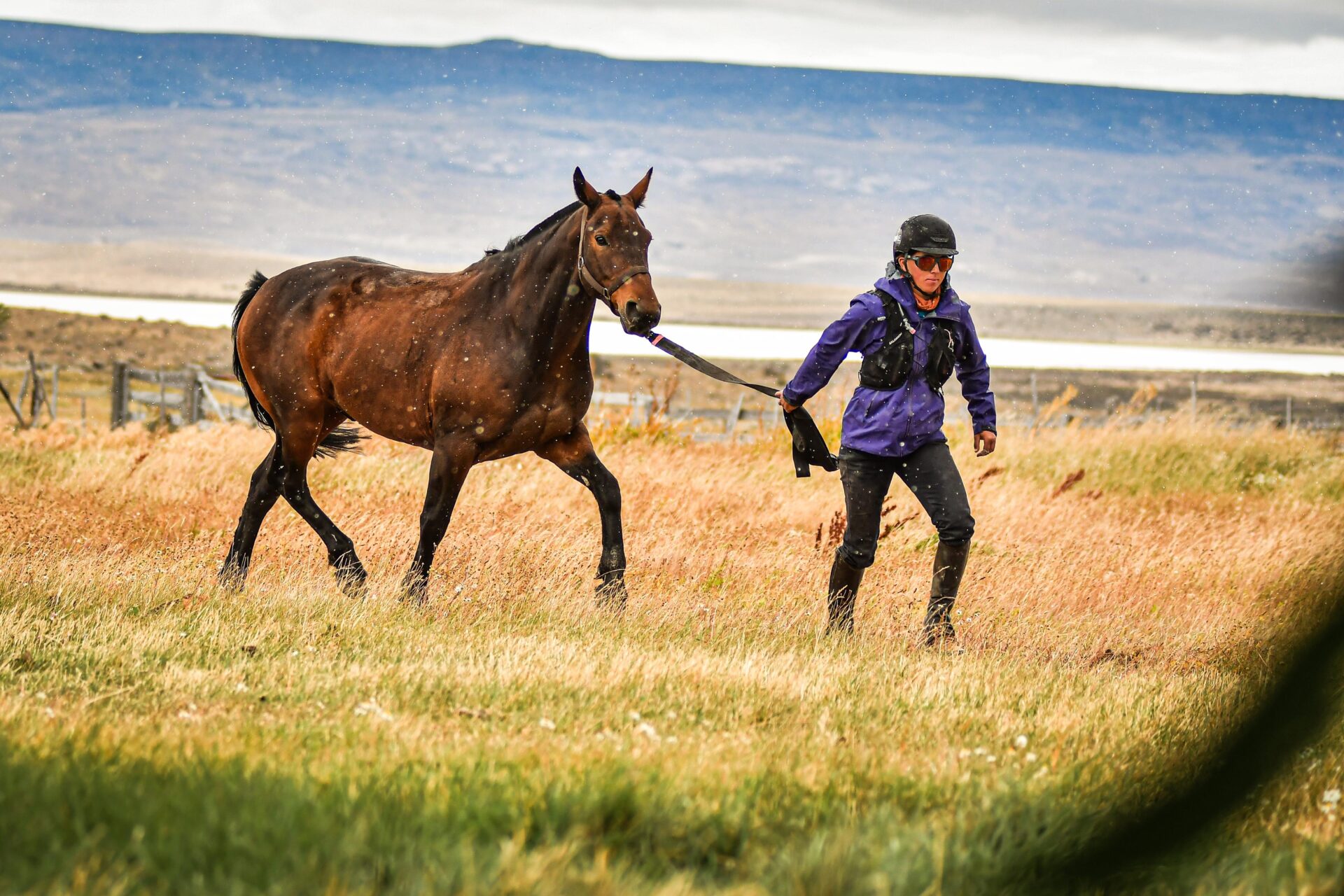Inside.FEI.org
20 Mar 2017
The Jordanian Endurance athlete Nayef Al Fayez (FEI ID 10066952) has been handed down a 30-month suspension following an adverse analytical finding on samples taken from the horse Obama Al Aswad (FEI ID 104DF50) at the 80km CEI*1 in Amman (JOR) on 21 May 2016. The samples tested positive for the banned substance Boldenone, and the controlled medications Dexamethasone, Meloxicam, Phenylbutazone and its metabolite Oxyphenbutazone.
In its Final Decision, the FEI Tribunal noted that under the current FEI Equine Anti-Doping Rules, the sanction for an adverse analytical finding for a banned substance is a two-year period of ineligibility for first time offenders. However, due to the presence of five prohibited substances, including the banned substance Boldenone, and the performance enhancing effects of the cocktail of drugs, the Tribunal felt that the imposition of a period of ineligibility greater than the standard sanction was justified.
The period of provisional suspension, effective from 20 June 2016, has been credited against the period of ineligibility, meaning that the athlete will be ineligible until 19 December 2018. In addition, the Tribunal imposed a fine of CHF 5,000, costs of CHF 3,000, and disqualified the athlete and horse from the competition, in which they finished second.
The athlete has 21 days to appeal this decision to the Court of Arbitration for Sport (CAS) from the date of notification (17 March 2017).
***
The FEI Tribunal also issued a Final Decision in the case of the horse Dendros (FEI ID 103IT53), ridden by the Swiss athlete Matthias Klausener (FEI ID 10057973) at the CPEDI3* in Somma Lombardo (ITA) on 19 June 2016. Samples taken from the horse returned positive for the banned substance Demecolcine.
The Tribunal heard that the presence of Demecolcine may indicate contamination, most likely due to the ingestion of the flower Colchicum Autumnale, autumn crocus. Demecolcine is not a pharmaceutical, but in human medicine the substance is used for tumour therapy. There is no known use for Demecolcine in veterinary medicine and the alkaloids of the autumn crocus are all very toxic. Demecolcine has been put on the list of suggestions for substances to be designated as Specified Substances* for 2018.
It was proved to the satisfaction of the Tribunal that the substance had entered the horse’s system through ingesting hay that had been contaminated by autumn crocus. The athlete had previously successfully appealed for the lifting of the provisional suspension, which had been imposed on 27 July 2016. The provisional suspension was lifted on 6 October 2016.
The athlete established to the satisfaction of the Tribunal that he bore no fault or negligence for the rule violation and, as a result, the Tribunal ruled that no further sanctions should be imposed, other than the automatic disqualification of the horse and athlete from the competition, in which they finished sixth.
The athlete has 21 days to appeal this decision to the CAS from the date of notification (17 March 2017).
Further details on both cases can be found on this page:
http://inside.fei.org/news/final-decisions-two-cases-involving-banned-substances-have-been-issued-fei-tribunal
Gaucho Derby 2026 – Day 6 – Weather Turns. Race Ignites.
Equestrianists.com - Full Article Stevie Delahunt 23rd February 2026 The constant winds have finally brought some change. In the weathe...

-
Inside.fei.org 17 December 2020 The FEI Board took a series of key decisions on allocation, cancellation, and reopening of bids for FEI C...
-
Michael Pollard was one of the four winners of the 2025 Mongol Derby (Kathy Gabriel) Ca.News.yahoo.com - Full Article Annabel Grossman ...
-
BNA.bh - Full Article 17 Aug 2025 London, Aug. 17 (BNA): His Highness Shaikh Nasser bin Hamad Al Khalifa, Representative of His Majes...

